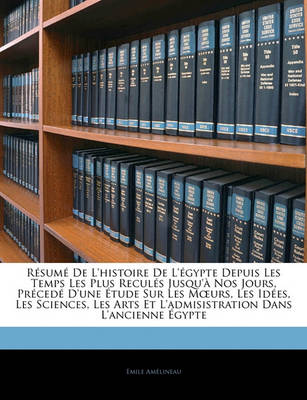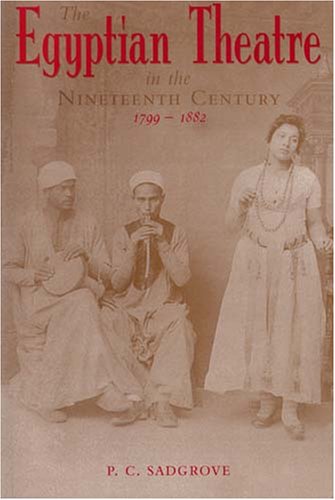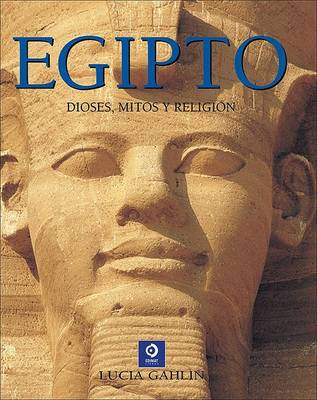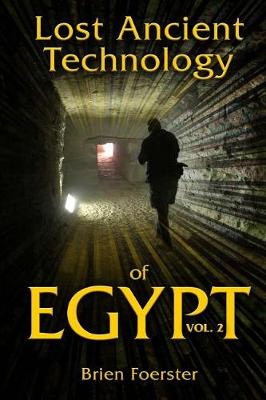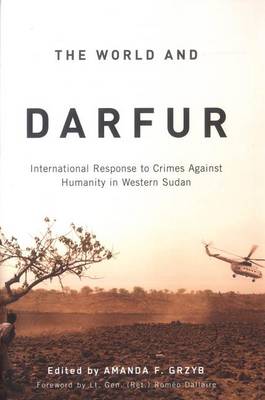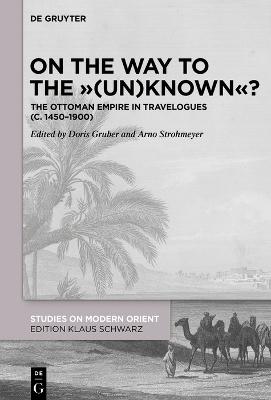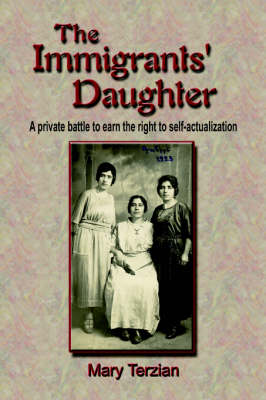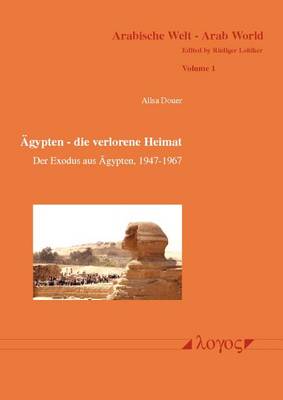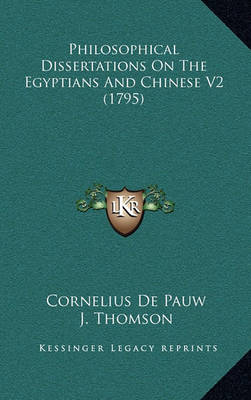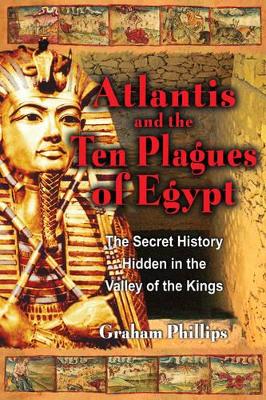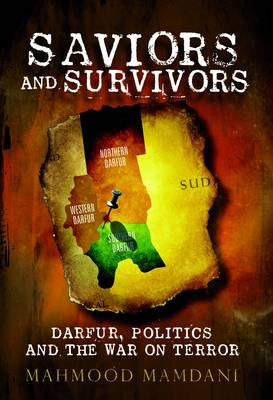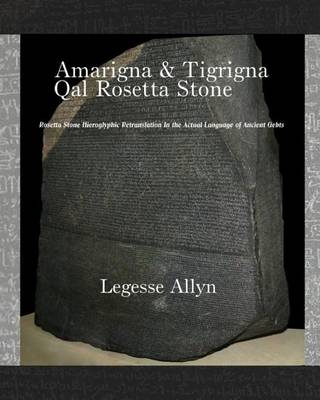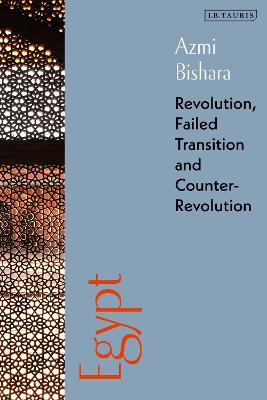Using previously unexploited sources, Philip Sadgrove provides a comprehensive account of the early history of theatre in Egypt, from the time of the French expeditionary force led by Napoleon in 1798, to the British occupation in 1882. His study looks at traditional forms of indigenous Arabic drama, the rise of European theatre, the first abortive attempts to create a modern Arabic theatre in the early 1870s and the project for a National Theatre. Finally, it tells the story of the emigre Syria...
Suez 1956 (Clarendon Paperbacks)
This is an analysis, based on newly available evidence, of the Suez crisis of 1956, its origins, and its consequences. The contributors are all leading authorities, and some were active participants in the events of 1956, offering personal reflection as well as an assessment of the decisions that were made. The opening chapters trace the origins of the crisis from the British occupation of Egypt, the failure to resolve the problem of Palestine, and the Baghdad Pact of 1955 which divided the Mid...
On the Way to the "(Un)Known"? (Studies on Modern Orient, #36)
Nineteen authors from nine countries analyze reports of travels to the Ottoman Empire between the fifteenth and the nineteenth centuries. The volume discusses questions of perceptions of "otherness", the circulation of knowledge, intermedial relations, gender roles, and explores possibilities and limits of digital analysis.
Agypten - Die Verlorene Heimat (Arabische Welt - Arab World, #1)
by Alisa Douer
Perspectives and Challenges in the Development of Sudanese Studies
Premier Institut d'Egypte (Memoires de l'Academie Des Inscriptions Et Belles-Lettres, #7)
by J-E Goby
Amelia Edwards was born in London in 1831, the daughter of an army officer. This book describes a 1000 mile journey up the Nile she undertook in 1873. Although the trip was initially undertaken to escape the rain in Europe, Edwards was no vacuous tourist; her lively account of Ancient Egypt's great antiquities made this book a bestseller of its day. Following this journey, Amelia Edwards went on to become one of Britain's leading Egyptologists and to endow the country's first chair in the subjec...
Philosophical Dissertations on the Egyptians and Chinese V2 (1795)
by Cornelius De Pauw
Egypt for the Egyptians! (St. Antony's Middle East Monographs, #14)
by Alexander Scholch
Shows how a desecrated tomb in the Valley of the Kings holds the key to the true history of the destruction of Atlantis - Reveals that Tomb 55 in the Valley of the Kings was designed not to keep intruders out, but to trap something inside - Provides forensic evidence proving that the mask believed to be the face of Tutankhamun is actually that of his elder brother Smenkhkare In Atlantis and the Ten Plagues of Egypt, Graham Phillips explores the excavation of a mysterious and ritually desecr...
"Saviours and Survivors" is the first account of the Darfur crisis to consider recent events within the broad context of Sudan's history, and to examine the efficacy of the world's response to the ongoing violence. Illuminating the deeply rooted causes of the current conflict, Mamdani works from its colonial and Cold War origins to the war's intensification from the 1990s to the present day. Examining how the conflict has drawn in national, regional, and global forces, Mamdani deconstructs the p...
Azmi Bishara’s seminal study of the 2011 Egyptian Revolution chronicles in granular detail the lead up to the momentous uprisings and the subsequent transition and coup. The book critically investigates the social and economic conditions that formed the backdrop to the revolution and the complex challenges posed by the transition from authoritarianism to democracy. Part One, ‘From July Coup to January Revolution’, goes back to what is called the ‘1952 revolution’ or the ‘1952 Coup d'état’ and t...
